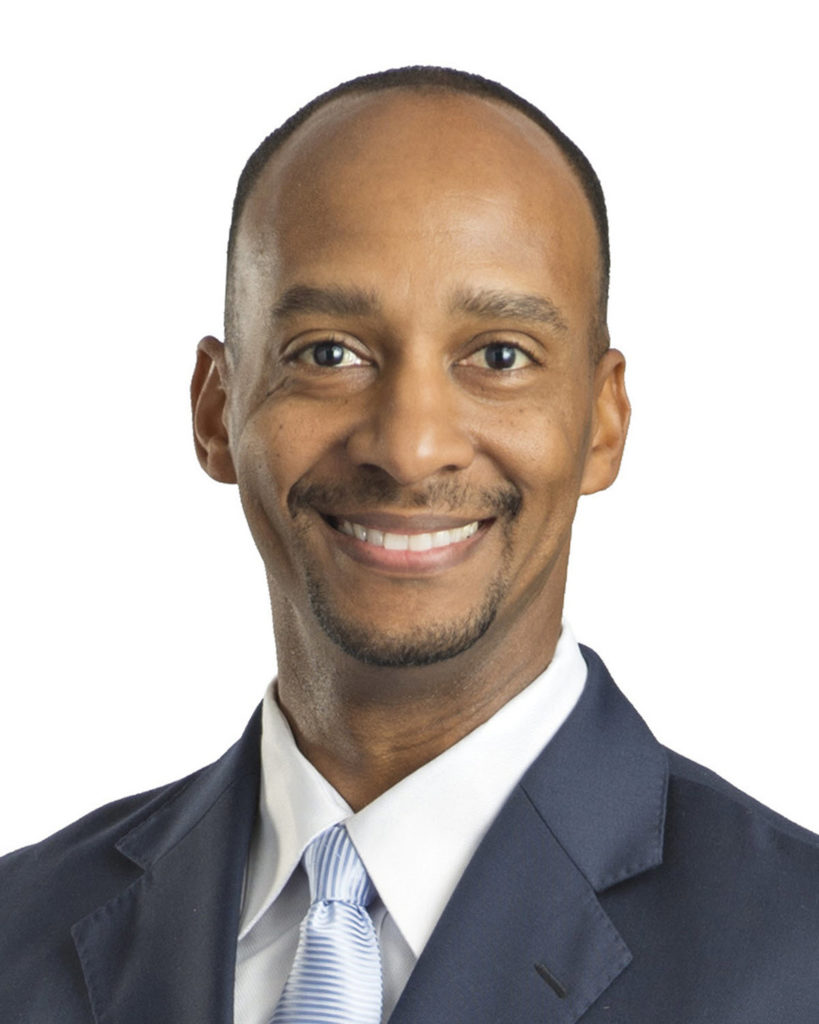In my first year of law school, we were taught that Lady Justice wears a blindfold to symbolize the premise that all laws, facts and people are judged without considering race, gender or sexual orientation.
I soon learned that Lady Justice might symbolically have a blindfold over her face, but she can clearly see.
As a practicing trial lawyer and advocate of the Sixth Amendment, I want to believe that I will maintain my constitutional right to have my cases tried objectively and impartially when I enter a courtroom. In trials, we expect jurors to reflect our communities – to be a jury of one’s peers.

Historically, the courts interpreted this to mean jurors will represent the population in race, origin and gender. In a community as diverse as mine, I would expect to see Black jurors represented in equal prominence on my jury, but this is not the case and not for lack of trying.
One of the greatest challenges in my practice is lawyers who continually use peremptory strikes during voir dire against people of color. It is blatantly apparent when a lawyer only questions Black people during the voir dire process in the hope of contriving race-neutral reasons for using peremptory strikes against them.
This is especially apparent after the defense sees me, an opposing counsel who is Black. The effort is made even more evident and astonishing when all peremptory strikes are made against Black panelists. In this scenario, you are asking for a Batson challenge.
It is not unusual that opposing counsel are still demonstrating this tactic in 2021. What is incredibly amazing is that they believe they can get away with it. Even more so, they have the audacity to be offended when their strikes are challenged. Is it really lost upon them why removing every Black panelist from a pool of potential jurors raises a question of fairness?
Maybe their motives are not rooted directly in hatred for people of color, but these actions are concocted from biased, indoctrinated beliefs that eliminating panelists that look like me will benefit their outcome. I call Batson on that.
From being the first Black-licensed lawyer hired at my firm to obtaining multimillion-dollar verdicts and settlements on behalf of my clients, my successes are merely the struggles that I have overcome.
It is unfortunate that some of these struggles are still racially initiated in the courtroom. It often leads me to the question, if a person cannot find equality or a sense of fairness in a courtroom, can the ideals at the heart of Lady Justice’s symbolism ever ring true? Is Lady Justice truly blind?
To combat these perpetual preconceptions, I hope we see our judiciary become more diversified. Lawyers will be less likely to pull these stunts when the judges who monitor their strikes are sensitive to these issues, or at the very least are sensitive to the true spirit of Lady Justice’s equality. Until then, lawyers will have to continue to challenge these racial ideologies with Batson challenges or any other direct maneuver that stamps out the flames of injustice without the fear of ruffling a few feathers.
I want all lawyers (regardless of their ethnicity) to speak out against the racial notions and nuances that plague courtrooms, and maybe one day we will see change. Our duty is to our clients, to our communities and to the justice system to uphold the Sixth Amendment.
I believe we are heading in the right direction, but there is still a long road ahead before we can say that Lady Justice is truly, unequivocally blind.

James E. Payne is an equity partner at Beaumont-based Provost Umphrey Law Firm. He is board certified in Personal Injury Trial Law by the Texas Board of Legal Specialization, and a Certified Civil Trial Advocate by the National Board of Trial Advocacy.
